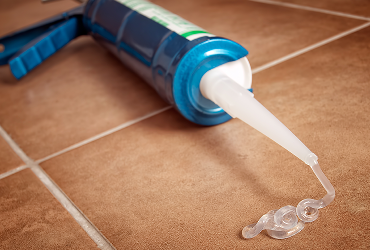Pinholes are one of the most frustrating issues in UV coating R&D and application. While they may be tiny, these defects can compromise coating adhesion, weather resistance, and protective performance.
In our lab, every coating layer is carefully monitored during curing to ensure that every film is smooth, glossy, and flawless.
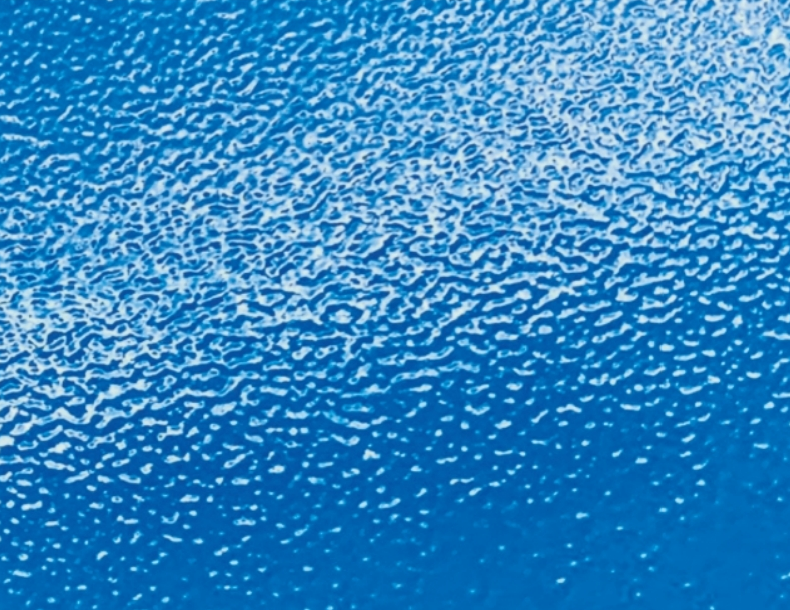
We break down pinhole formation into several key factors:
1.Trapped Gases
Solvents or low-molecular-weight monomers can evaporate during curing. If the surface cures too quickly, the gas becomes trapped.
Result: Microbubbles form, leading to pinholes.
2.Uneven Pigment Dispersion
Poorly dispersed pigments can create uneven film thickness.
Result: Bubbles are more likely to get trapped during curing.
3.Excessive Coating Thickness
Thick layers can prevent UV light from fully penetrating, leaving internal gases unable to escape.
4.Mismatch of Light Source or Curing Rate
Too high UV intensity or overly rapid curing can harden the surface too fast, trapping gas inside.
We use a combination of scientific strategies to minimize pinholes in every UV coating layer:
Formulation Optimization: Add flow agents and effective dispersants to reduce surface tension and improve pigment dispersion.
Controlled Coating Thickness: Apply multiple thin layers to ensure each layer fully cures.
Curing Process Adjustment: Match UV intensity to coating thickness; start with low-intensity pre-cure, followed by full cure.
Substrate Pre-treatment: Ensure substrates are dry, flat, and sealed with primer if needed.
Pigment Management: Disperse high-surface-area pigments evenly; use surface-treated pigments when necessary.
With these measures, our UV coatings demonstrate in lab tests:
High surface smoothness with minimal pinholes
Adhesion and weather resistance meeting industrial standards
High-solid, low-VOC formulations that are safe and environmentally friendly
For us, pinhole prevention is not just a quality concern—it’s a responsibility to our clients and end-users.
#UVCuring #UVCoeatings #PaintAndCoatings #SurfaceFinishing #IndustrialCoatings #HighPerformanceCoatings #PinholesPrevention #CoatingFormulation #FlowAgents #PigmentDispersion #UVCoatingProcess #ThinLayerCoating #QualityControl #R&DInnovation #MaterialScience #LabTesting #SmoothCoatings #SurfaceProtection

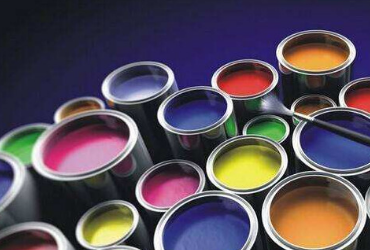
2022-08-03
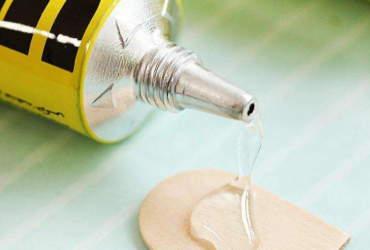
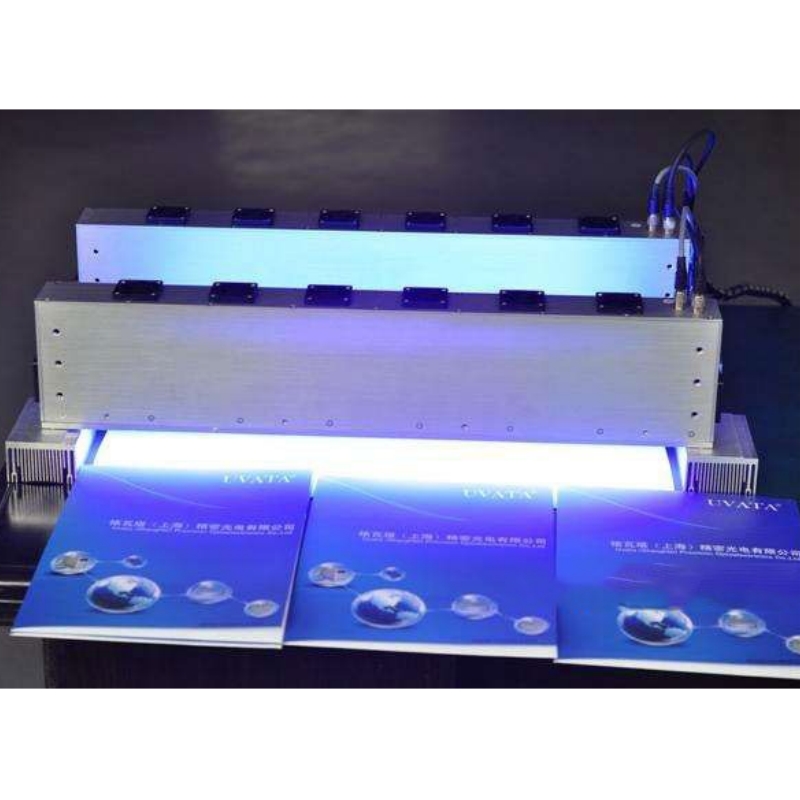
2025-01-06

